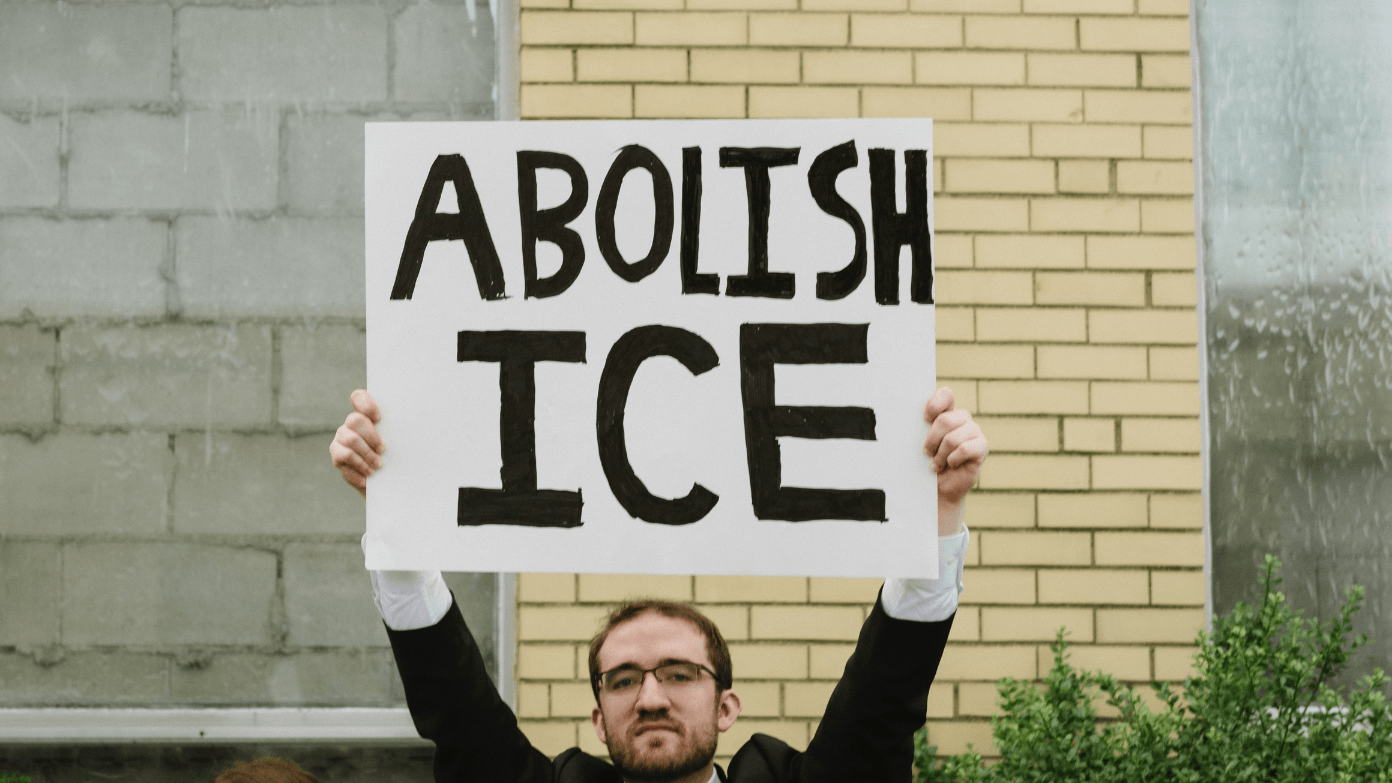Kilmar Armando Abrego Garcia, a Maryland resident and Salvadoran immigrant, became a Maryland man caught up in due process and immigration enforcement scandal when the Trump administration admitted it made a mistake by deporting him to El Salvador’s notorious CECOT mega-prison. The case raises procedural shortcomings in deportation proceedings and provokes urgent questions about accountability for the human cost of emergency powers expedited removals.
Background of fleeing violence to seek safety in the U.S.
Abrego Garcia fled El Salvador in 2011 at 16 years old after surviving years of extortion and gang violence. His family had been targeted by gang members who threatened to kidnap and murder him unless his family paid increasingly large “war taxes.” His lawyers described how he was harassed, beaten, and threatened with death, making him flee the U.S. as an unaccompanied minor.
Living in Maryland, Abrego Garcia built a life that lasted over 14 years, marrying a U.S. citizen and taking care of their five-year-old son, who is disabled. He was a union member and sheet metal apprentice with no criminal record in the U.S. or El Salvador. In 2019, an immigration judge granted him “withholding of removal”—a safeguarded status against deportation to El Salvador due to credible fears of persecution or torture.
The March 2025 deportation: A confession of error
Abrego Garcia was arrested by ICE on March 15, 2025, and boarded one of three flights to deport to El Salvador. The 238 Venezuelans and 23 Salvadorans, collectively called Tren de Aragua or MS-13 gang members by Trump officials, took flight. The administration employed the Alien Enemies Act of 1798—a war measure statute invoked only three times in the history of the United States—to push removals without hearings.
Despite his legal protection, Abrego Garcia was deported to CECOT, a maximum-security prison maligned by human rights activists as overcrowded and abusive. ICE Acting Director Robert Cerna subsequently acknowledged the deportation as the result of an “administrative error” and “oversight” after he realized that ICE knew about his protected status. He was recognized by his wife from TV coverage of shackled, shaven-headed prisoners based on his tattoos and scars atop his head.
Legal battle: Protection ignored, return ordered
Abrego Garcia’s attorneys filed an emergency motion for his repatriation, but the Justice Department argued U.S. courts lack jurisdiction as he is now in Salvadoran custody. Government lawyers maintained there is “no showing El Salvador is willing to release him” and retreated from baseless gang assertions, citing a 2019 ruling partially based on the affidavit of an unidentified informant. His lawyers stated that the government never managed to come up with any evidence of gang membership, describing the charges as “baseless.”
The administration’s refusal to rectify the error is a stark departure from previous norms. Lawyer Simon Sandoval-Moshenberg, who has defended wrongful deportation cases for previous administrations, said officials would have previously “bend over backwards” to rectify the error. Instead, White House Press Secretary Karoline Leavitt misrepresented Abrego Garcia as an “MS-13 leader” who had engaged in human trafficking, stating he “will not return to our country.”
Expedited removals and due process concerns
Abrego Garcia is among dozens of hundreds of Venezuelans deported by the Trump administration in its broader enforcement of the Alien Enemies Act. They were charged with gang membership based on tattoos or hearsay and skipped normal immigration proceedings. Lawyers and relatives assert the deportations erode due process, as some of the Venezuelans were deported on the grounds that they had common tattoos like crosses or family names.
Federal Judge James Boasberg preliminarily enjoined further deportations under the Act, prompting Trump to threaten impeachments of judges. The administration continued, however, with the March 15 flights, pushing constitutional limits of executive power.
A precedent for accountability?
Legal commentators warn Abrego Garcia’s case can be a bad precedent if governments are never held to account for ignoring immigration protections. His attorneys argue ICE “disregarded legal procedures they found inconvenient” and demand accountability for agencies that “flagrantly ignore court orders.”.
Human rights groups point to the cynicism of sending individuals to countries where they are likely to be persecuted—a violation of international law provisions of non-refoulement. Meanwhile, Abrego Garcia languishes in CECOT detention without his family while courts determine whether America can compel his deportation.
The case illuminates the vulnerability of immigrant protection under sweeping executive authority and the horrific consequences of procedural breakdown in high-risk deportation sweeps. Abrego Garcia’s life hangs in the balance while there is still litigation pending, symbolizing more endemic unfairness in American immigration enforcement.
Read more: Who is Corey Lewandowski, Trump’s new advisor who was his campaign manager in 2016
Read more: When was the first presidential debate in the U.S and who won it?

